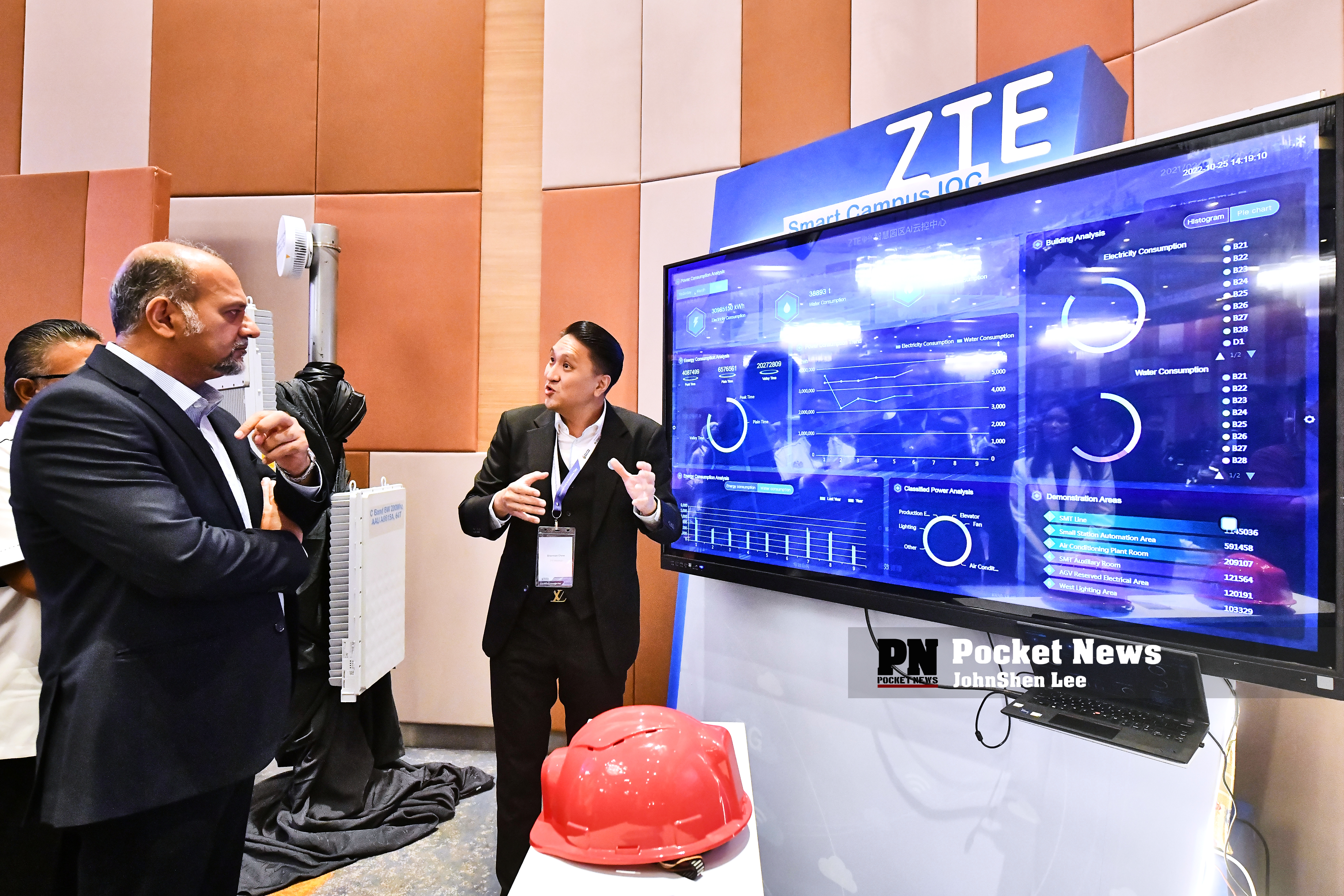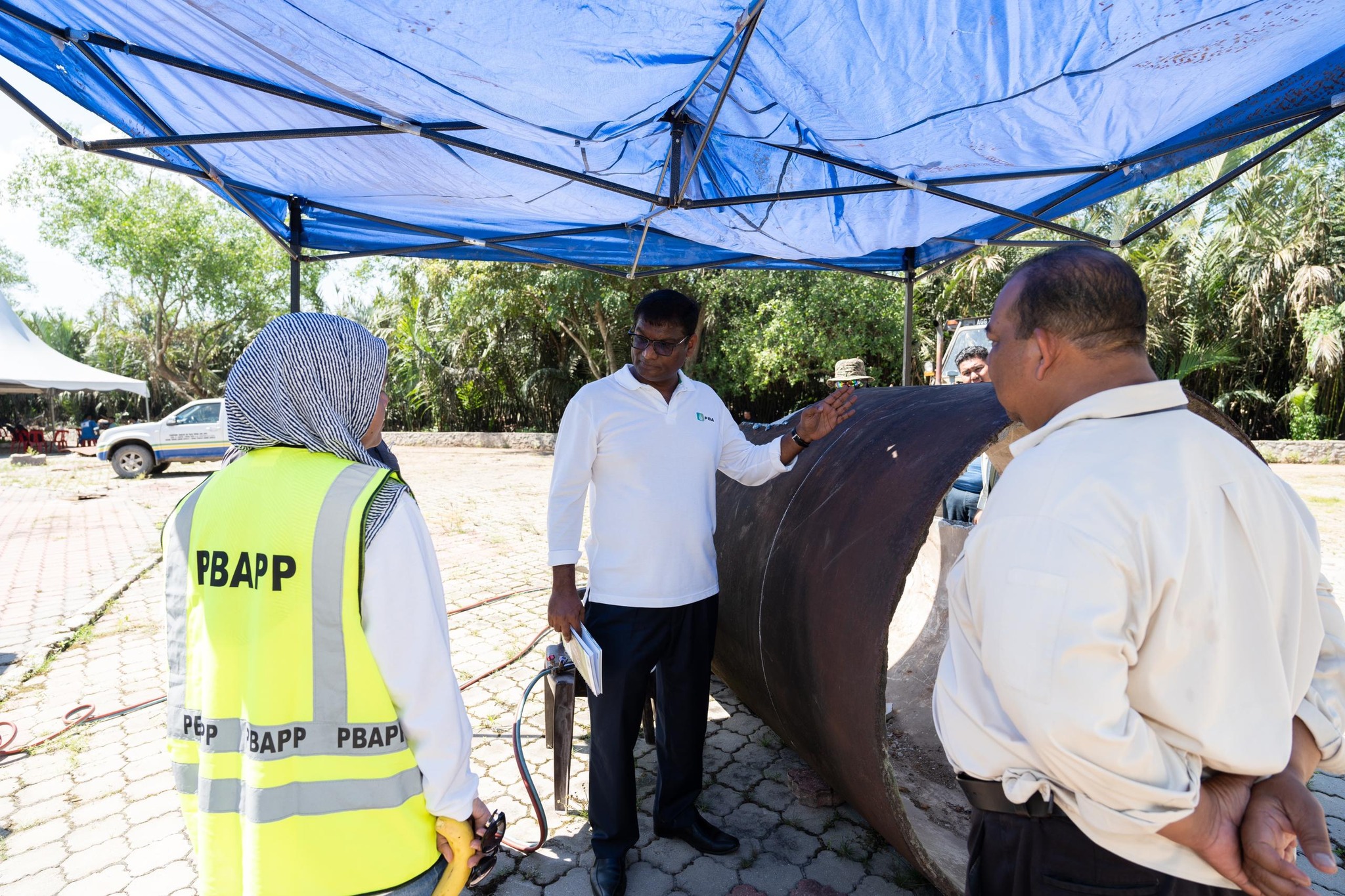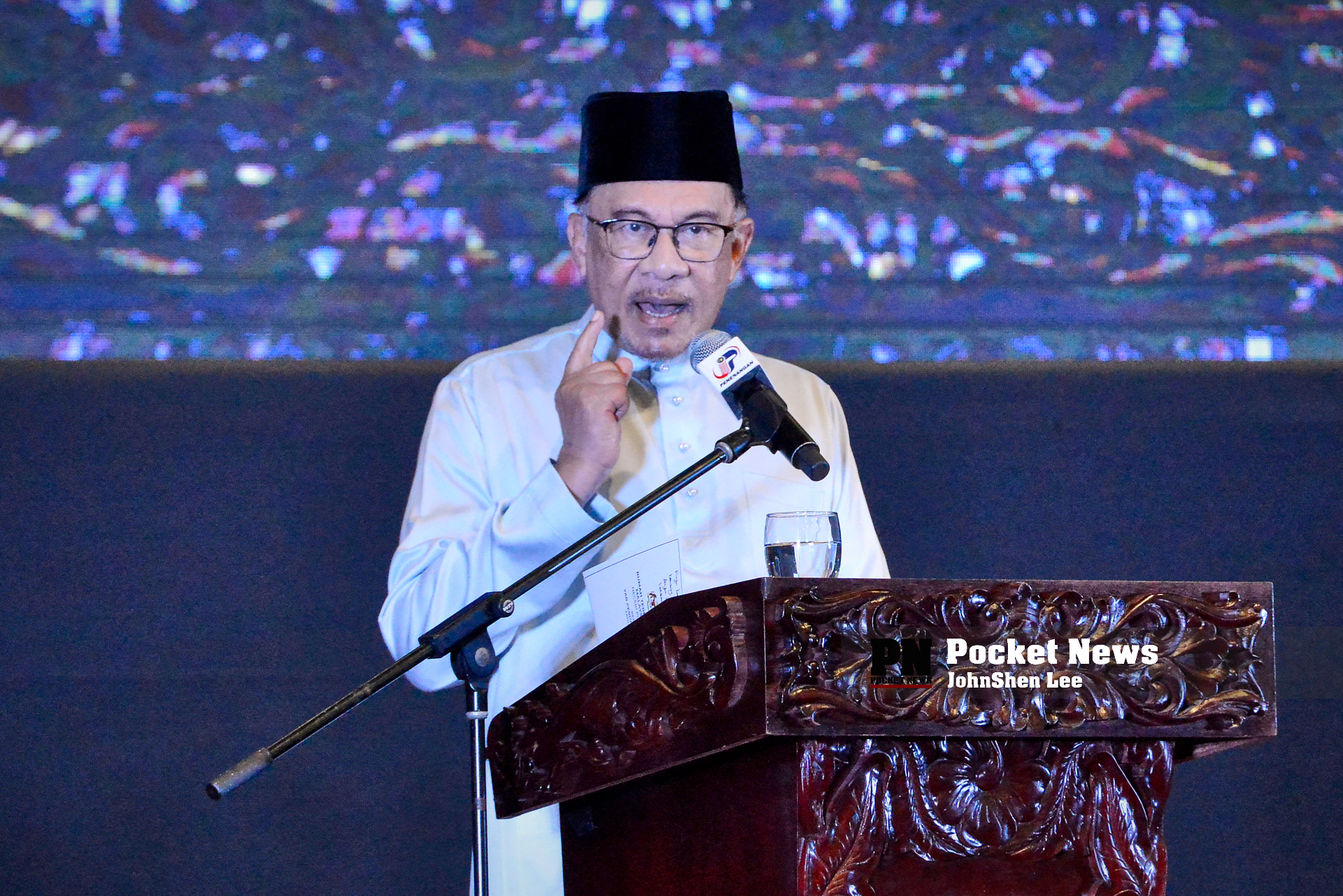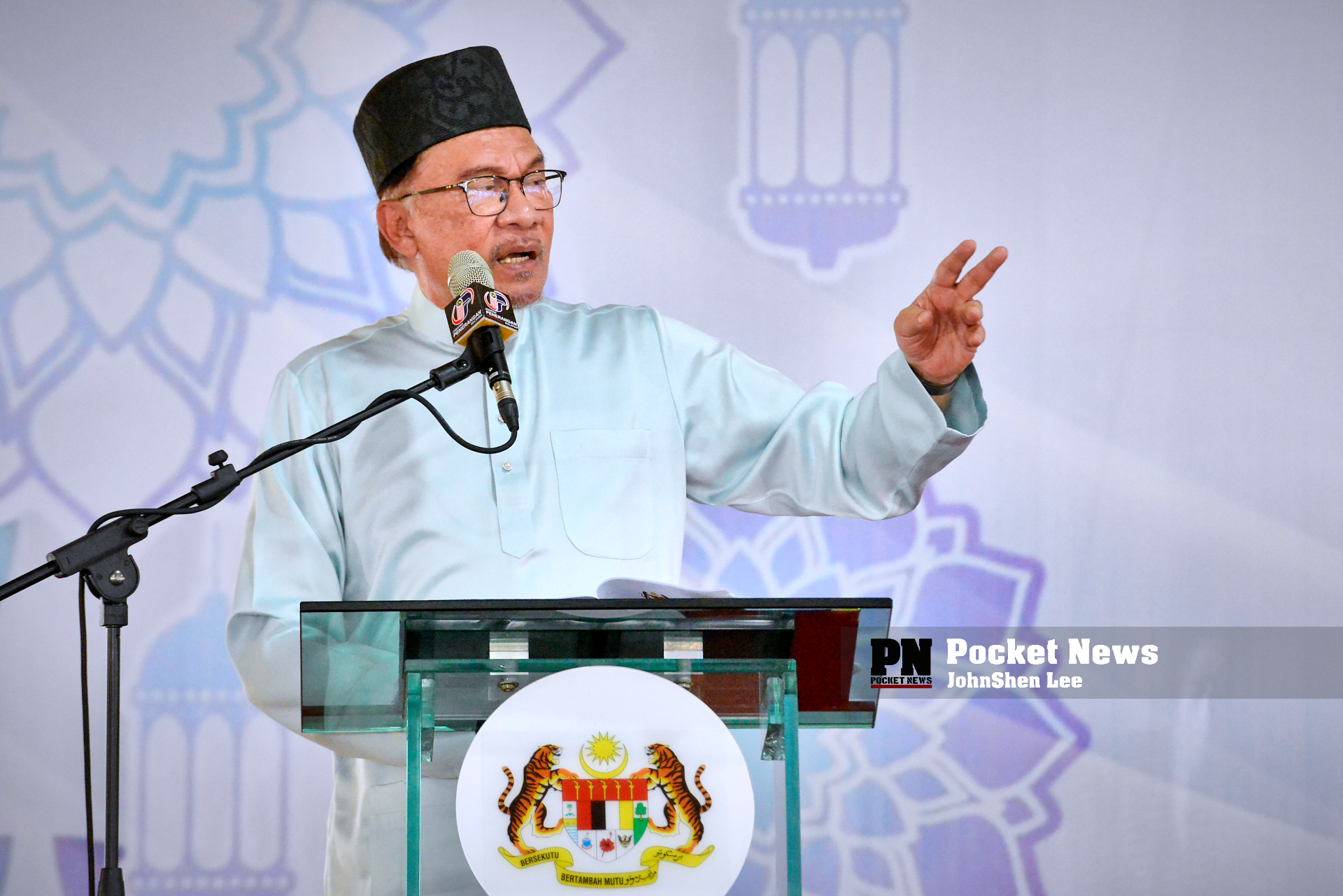
KUALA LUMPUR, November 20 — The Malaysia Investment Development Authority (MIDA) warmly welcomes the Malaysian government’s 2024 budget proposal, aligning with the MADANI framework and announced by YAB Dato’ Seri Anwar Ibrahim, the Prime Minister. This budget paves the way for attracting more high-quality and sustainable investments as Malaysia confronts the ever-challenging global economy. The government is committed to making Malaysia a prime investment destination in Southeast Asia.
Datuk Wira Arham Abdul Rahman, the Chief Executive Officer of MIDA, expressed his appreciation for the budget announcement. He stated, “In the face of an increasingly challenging global economy, MIDA is committed to ensuring Malaysia remains a top investment destination in Southeast Asia. MIDA wholeheartedly welcomes the strategic policies and tax incentives outlined in Budget 2024. These measures will undoubtedly foster a stable business environment to attract more Foreign Direct Investments (FDI) and Domestic Direct Investments (DDI) and to expedite the transition toward a knowledge-based, sustainable economy, in line with the National Investment and Trade Blueprint (NIMP) 2030.
These steps are in line with our vision to attract RM89 billion worth of investments by 2025 under the 12th Malaysia Plan, which will strengthen the manufacturing and service sector ecosystems. MIDA also commends the government’s announcement regarding the formation of the Investment and Trade Coordination Task Force (JTPPP), responsible for direct reporting to the National Investment Council, chaired by the Prime Minister. This committee, chaired by the Minister of MITI, is expected to harmonize investment and trade activities more effectively, coordinately, and holistically.
The government’s plan to implement a Global Minimum Tax (GMT) effective in 2025 is anticipated to have a positive impact on the nation. It aims to maintain Malaysia’s ability to attract new investments and to secure the investments of existing multinational corporations. This will provide assurance to investors regarding the country’s GMT implementation plan. The allocation of up to 10% of the NIMP 2030’s investment amount as a catalyst to propel the NIMP mission, with an initial fund of RM200 million in 2024, will incentivize high-value investments in the manufacturing and service sectors.
This, in turn, will be a catalyst for economic growth, improve Malaysia’s position in the global value chain, and generate high-income employment opportunities for Malaysians. Some of the incentives introduced under Budget 2024, themed “Economic Reform, Empowering the People, include:
- A success-based incentive approach, providing a tax incentive for investment reinvestment for sectors identified under the NIMP 2030, with a tiered rate of 70% or 100% for a five-year period from January 1, 2024, to December 31, 2028. This initiative will invigorate companies to stimulate the economy by investing in high-growth and high-value areas, creating new economic clusters, expanding the domestic network, and promoting economic sustainability.
- The Global Service Tax Relief with a 5% or 10% income tax rate incentive determined based on performance for a ten-year period, aligning with the government’s aspirations under NIMP 2030. This will encourage more multinational corporations and local conglomerates to make Malaysia a global service hub.
- A review of green technology tax incentives, aligning with the National Energy Transition Roadmap (NETR) that was recently launched. The NETR aims to achieve the Nationally Determined Contributions (NDC) target of a 45% reduction in greenhouse gas emission intensity per unit of Gross Domestic Product (GDP) by 2030. This is in line with the national aspiration to become a sustainable, inclusive, and carbon-neutral nation by 2050.
The introduction of new tax incentives to promote investment in Carbon Capture Storage (CCS) and Hydrogen Sulphide projects is in line with Malaysia’s commitment to a net-zero carbon future. The provision of tax incentives in the form of special tax rates or investment tax allowances will attract high-tech players in the chemical and petrochemical industry from both domestic and foreign markets to invest in the Pengerang Integrated Petroleum Complex (PIPC), Pengerang, Johor. This move is expected to increase FDI and DDI and create high-income job opportunities, particularly for the younger generation.
The development of a broader ecosystem for the electrical and electronics (E&E) cluster in the northern region, including the establishment of a high-tech industrial area in Kerian, Northern Perak, is also welcomed by MIDA. In addition to enhancing the economy in the Northern Perak region, the creation of a new industrial area will offer existing E&E industry players in Malaysia the opportunity to carry out expansion projects in a new location. Furthermore, it has the potential to attract new investors, domestic and foreign, to invest in Malaysia, which has a comprehensive E&E industrial ecosystem.
The allocations under Budget 2024 reflect Malaysia’s commitment to supporting positive and sustainable economic growth. The outlined initiatives respond to MITI and MIDA’s essential roles in strengthening the nation’s competitiveness at the ASEAN and international levels, as well as fostering innovation and economic growth and cultivating a dynamic ecosystem in the manufacturing and service sectors.
MITI and MIDA continue to be steadfast leaders in advancing Malaysia’s economy. We are fully committed to realizing the vision outlined in the MADANI Economic Framework, to shape a progressive, prosperous, and sustainable nation. The strategic Budget 2024 empowers businesses, promotes new capabilities, and enhances the economic ecosystem to create high-income job opportunities and provide continuous benefits to the people.




















